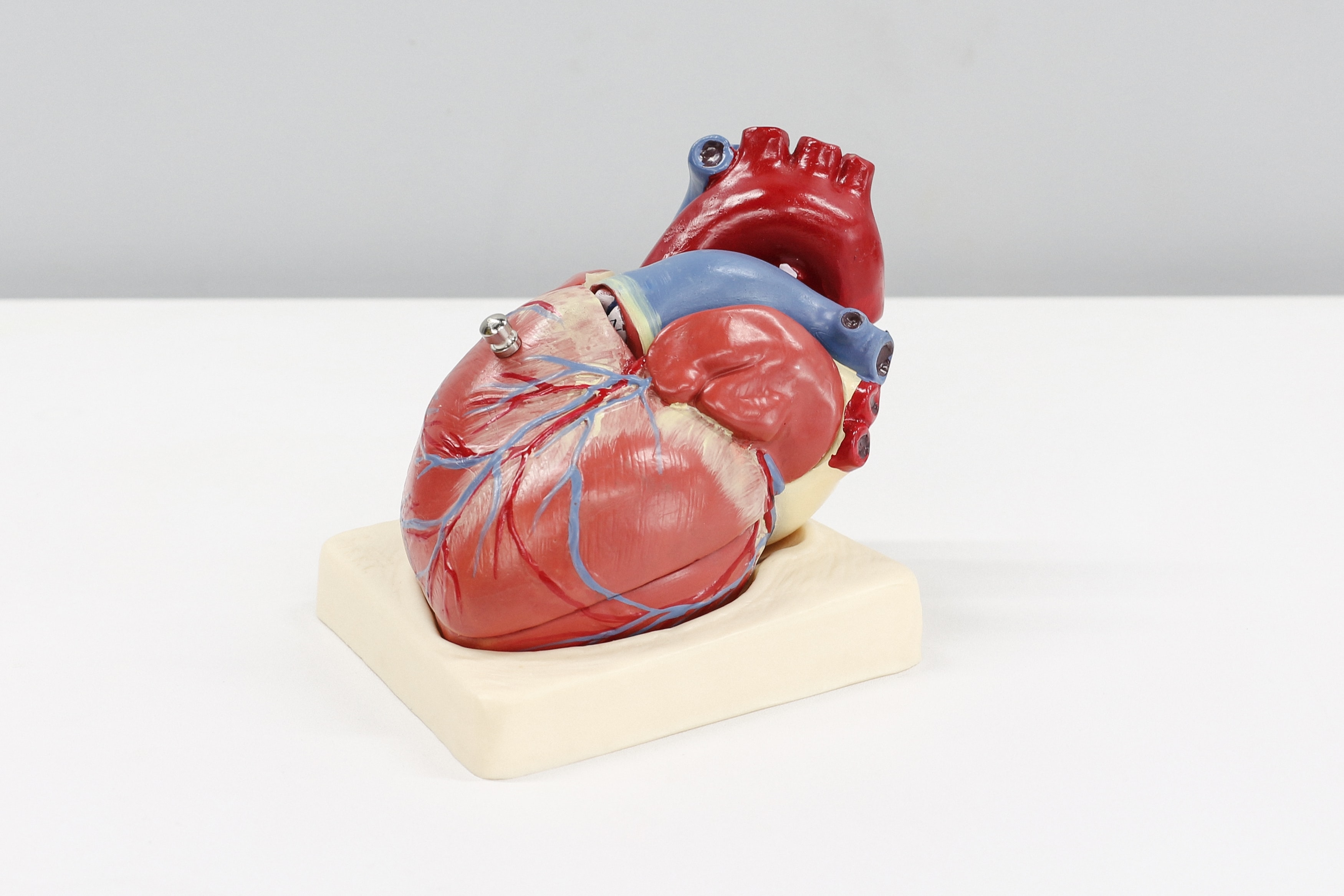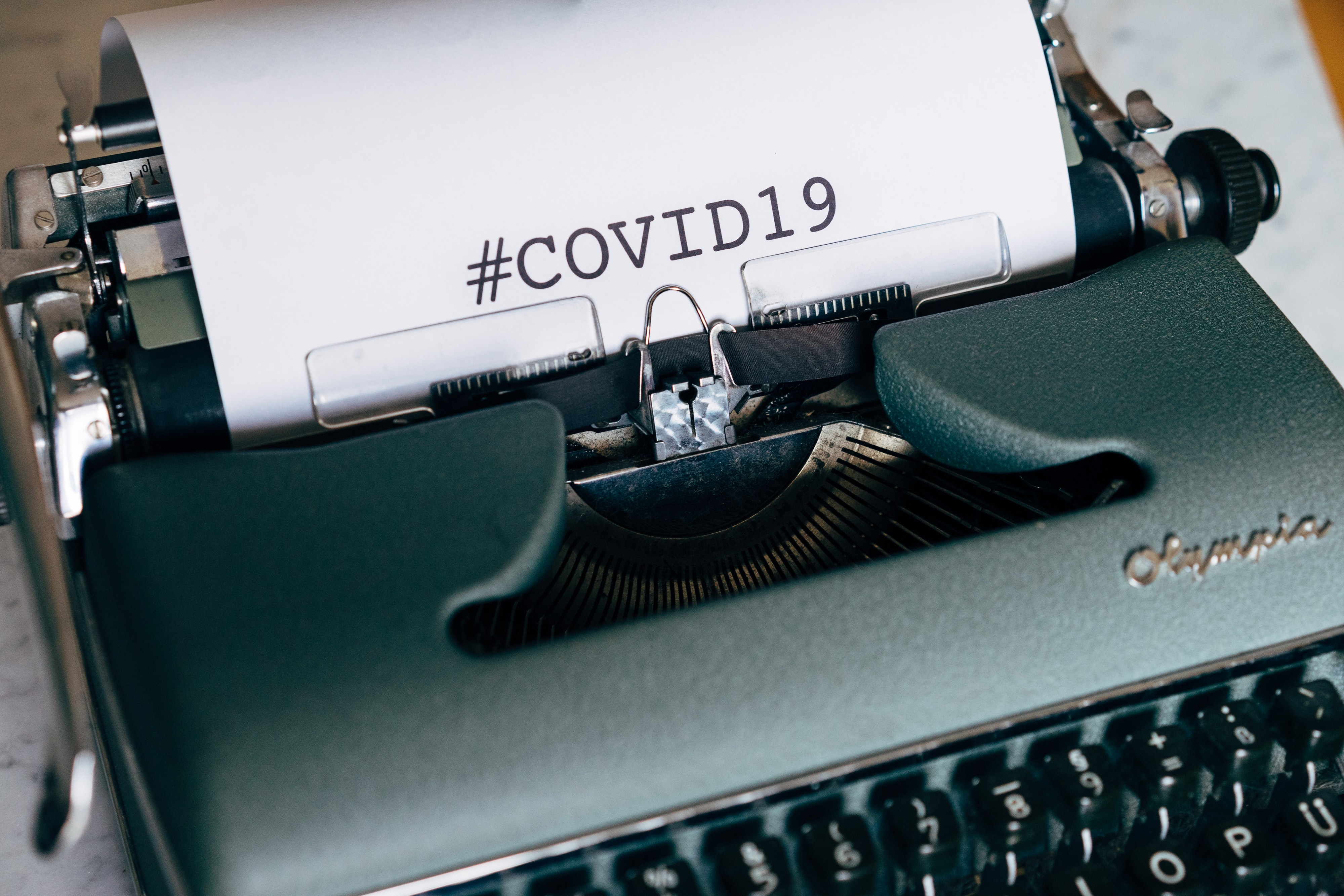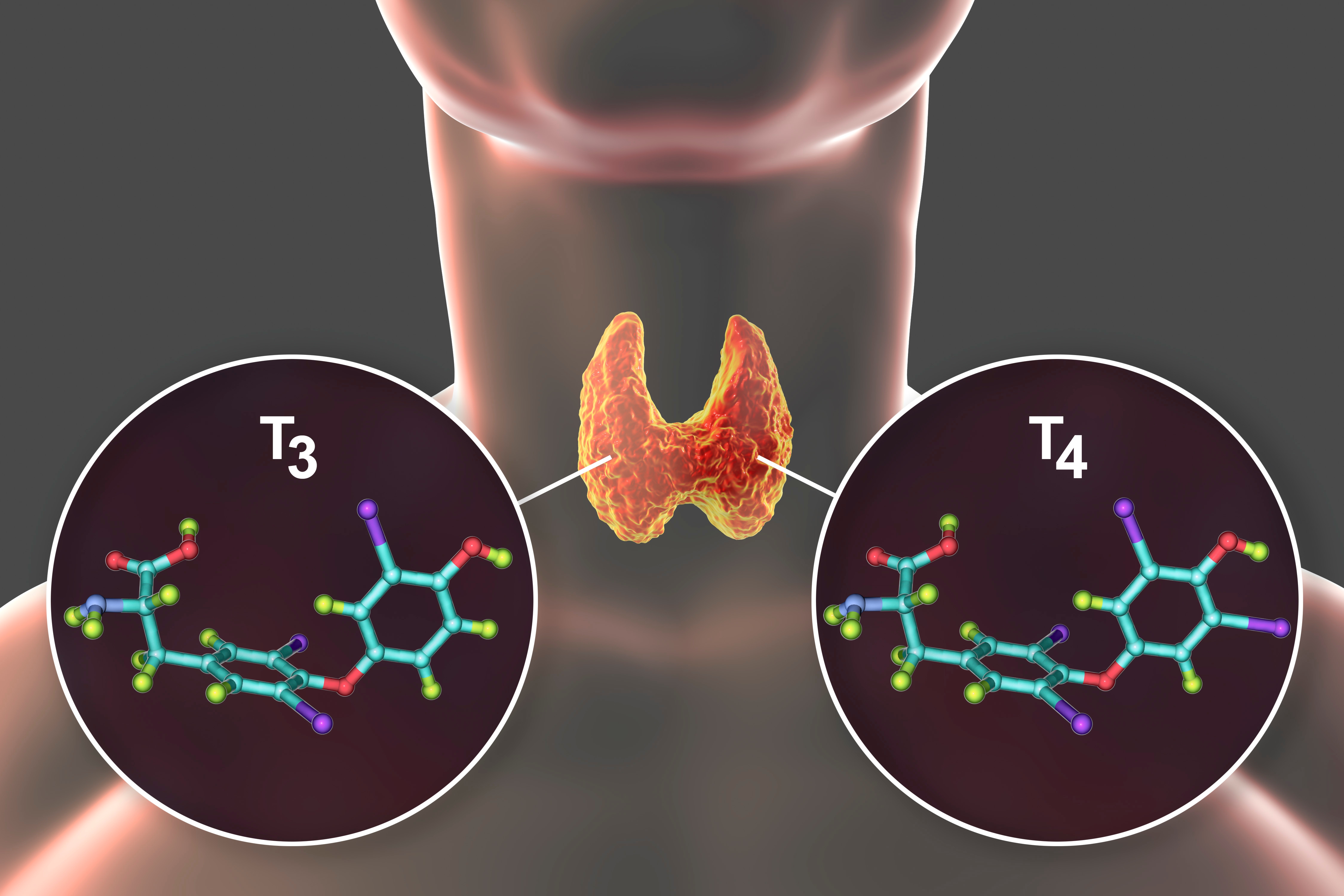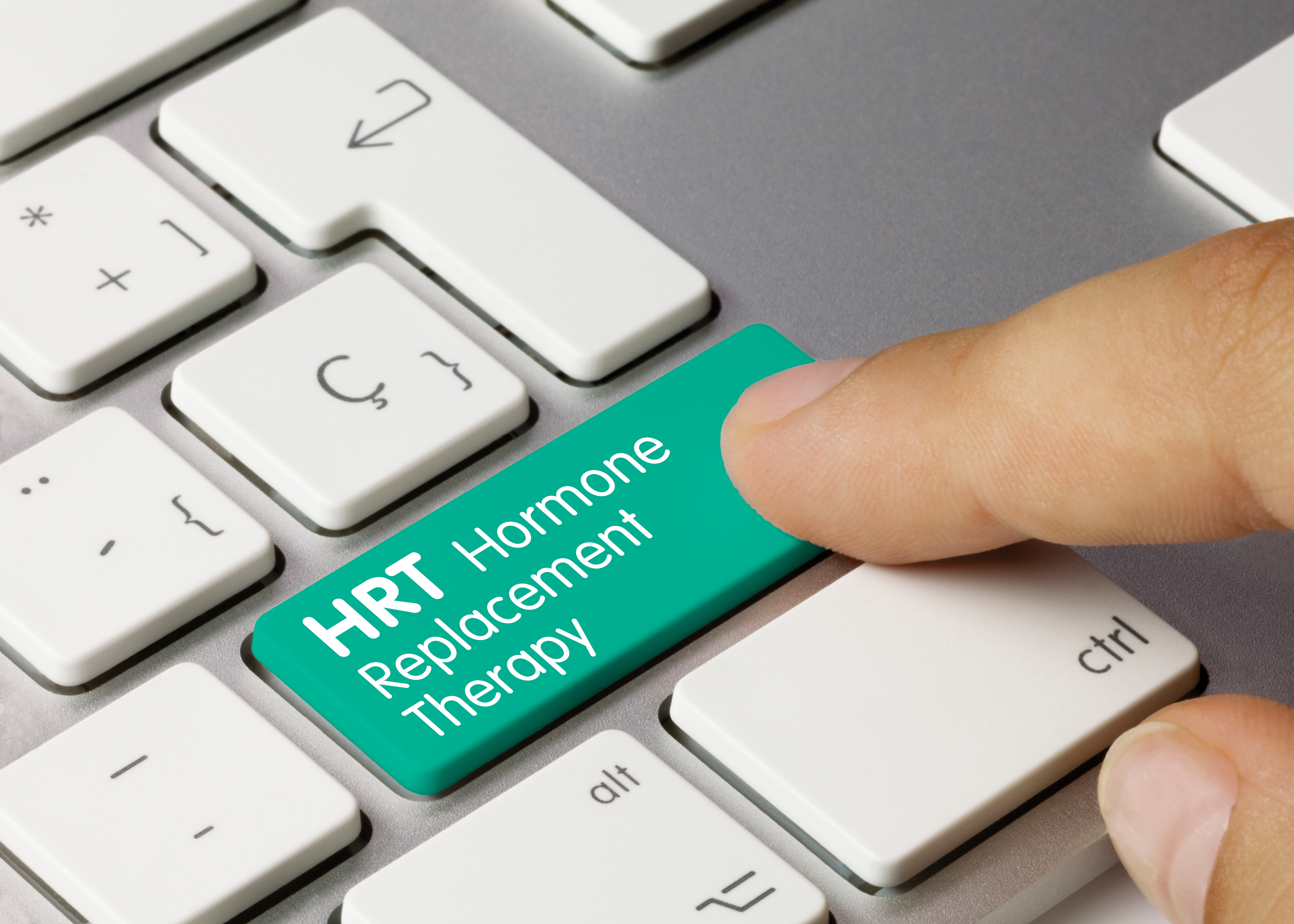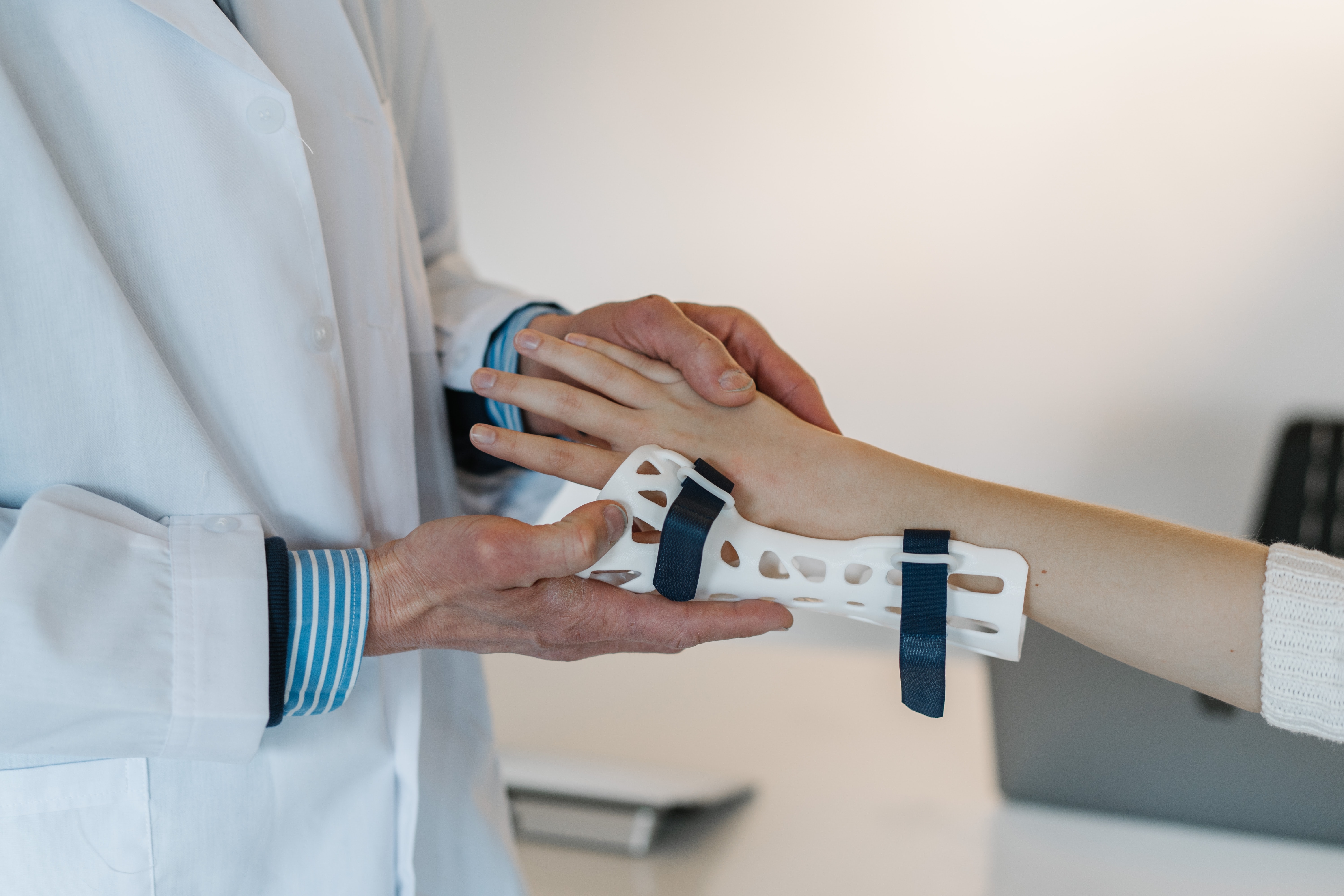We are accepting patients on a waitlist. Availability is limited. Join our waitlist.
- Home
- / Blogs /
- Bio Identicals
Bio Identicals


Bio-identicals for Men & Women
Bio-identicals
What’s the deal with bio-identicals? Bio-identical hormones have been used to treat hormone deficiencies since the early 1930s, but in recent years, there has been more focus on this form of hormone treatment. So, what’s all the fuss about?
Here are the answers to the most common questions!
What are bio-identical hormones?
The term “bio-identical” hormones refer to compounds that are chemically and biologically similar in structure to the hormones we produce. Bio-identicals are metabolized and excreted in the same way as our own hormones and have less potential for causing side-effects.
The non-bioidentical hormones or “synthetic” hormones are not recognized by the body, but they produce hormone effects. Larger doses are needed to see effects and the by-products are not easily cleared from our bodies, therefore increasing the risks for side effects.
How are bio-identical hormones different than synthetic hormones?
“Bio-identicals” are considered natural because they are derived from natural plant sterols and biologically identical in function and structure of our own hormones.
Bio-identicals, Bio-identicals for Men & Women
“Synthetics” describe compounds that mimic natural hormones but are not structurally the same so have unintended side effects. Synthetics can come from natural sources such as the commonly prescribed conjugated estrogen called Premarin. Premarin is derived from the pregnant mare’s urine.
Bio-identicals, Bio-identicals for Men & Women
Are bio-identicals hormones FDA-approved? Yes. Bio-identical hormones are FDA-approved and require a prescription. A few natural products like progesterone and DHEAS might be found over-the-counter without a prescription if the doses are low.
Here’s a list of the commonly prescribed bio-identical and synthetic medications on the market. these lists are not inclusive
Names of common bio-identical or (natural) sex hormone
Estrogen: estradiol, estrone, estriol
Progesterone: prometrium, micronized progesterone
Testosterone: testosterone cypanionate, testosterone enanthate Names of common synthetic sex hormones:
Synthetic estrogen: ethinyl estradiol, estradiol valerate, conjugate esterified estogen, estropipate
Synthetic progesterone: progestin, drospirenone, medroyprogesterone (Provera), norethindrone acetate, norgestimate
Synthetic testosterone: methyltestosterone
Who can prescribe bio-identical hormones?
All physicians who are licensed to prescribe medications may prescribe bio-identicals. Most conventionally-trained physicians are not familiar with prescribing bio-identicals and may be more accustomed to prescribing conventional synthetic hormone preparations.
Physicians who train in the field of bio-identical hormones understand the goal of hormone treatment is bringing the body back to its’ bio-physiological hormone balance. The dose of hormone treatment is typically much lower than the dosing recommended by conventional physicians.
Why are bio-identical hormones filled at compounding pharmacies?
Prescriptions for anything other than the commercially-available doses require a compounding pharmacy. These special pharmacies can formulate different doses in preparations that meet a patient’s specific needs.
Bio-identicals, Bio-identicals for Men & Women
Compounding (or combining) medication is not absolutely necessary but helps the physician create a treatment dose that is specific to the individual patient rather than “cookie-cutter” average adult doses found in commercial products.
How can I tell if I have a hormone problem?
Men and women make testosterone and estrogen in specific ratios to maintain good health. When a hormone imbalance occurs, the symptoms are generalized and can affect any body system.
How will my doctor evaluate me?
Physicians trained in prescribing bio-identical hormones evaluate their patients starting with a complete medical history, physical exam, and lab studies. Every person is different and treatment plans will vary from one patient to the next. The doctor will order hormone testing through blood, saliva and/or urine, then based on the results, will determine the best hormone treatment for you. Follow-up testing may be needed after treatment is started and the doctor will adjust the treatment accordingly.
What if I am taking a synthetic hormone now? Should I stop?
Never stop taking medications abruptly without talking to your prescribing physician about your concerns. Most physicians are open to change when the treatment prescribed is not effective.
If your physician is unfamiliar with bio-identical hormones, he/she might refer you to someone trained in this field. Abruptly stopping any medication can have serious consequences so please talk to your doctor first!
Are bio-identical hormones safe to use?
Yes and no. As with any other medical treatment, nothing is without risk. Each person should be evaluated thoroughly to see whether they are a good candidate for BHT. The treating physician will consider your medical history, lab results, family history, and goals for treatment. It boils down to a risk versus benefit issue- if the benefits outweigh the risks, then you are all set, however if the opposite were true, then alternative treatment options should be considered.
What are the potential benefits of BHT?
Our sex hormones protect us from many diseases that we associate with the normal aging process- heart disease, osteoporosis, recurrent illness or infection, pain, memory and thinking problems, and even cancers.
Maintaining normal hormone function can prevent these and other diseases. It’s important to understand whether you are a good candidate for BHT or not, then work with a physician who can monitor your progress and screen for potential problems.
What are the potential harms of BHT?
If BHT is prescribed to a person who should not take them, or the dose is not appropriate, it is possible to have side effects. Remember that hormones function well when they are in balance with the other hormones!
For example, excess testosterone treatment in men or women will cause acne, a receding hairline, and increased face and body hair. Testosterone is normally converted to estrogen, but the excess amounts of testosterone now inadvertently elevate estrogen levels which eventually causes increased body fat around the abdomen, hips, thighs, and chest.
Why shouldn’t I just continue taking synthetic hormones?
Synthetic hormones are not metabolized by our bodies well due to their chemical structure and nature. Because of this fact, the breakdown products we are attempting to excrete may accumulate and cause side-effects and disease.
Bio-identical hormones, on the other hand, are similar to our own hormones so our body metabolized them more effectively. BHT is also typically applied on the skin, given by injection, or given by troche (absorption through a mucous surface like inside the cheek or under the tongue) so that the medication enters the circulation without liver metabolism. The doses of BHT can be kept low compared to medications that are orally ingested and liver-metabolized.
How do I get started on BHT?
If you are interested in speaking with a physician trained in bio-identical hormone therapy, contact us at Bloom La Vie Health! Dr. Nedeau has advanced training in endocrinology and can evaluate you to determine an individualized treatment plan.
To learn more, schedule a FREE 15-minute initial consultation here.
Testimonials
What our patients say
Scroll through!I had such a lovely visit to Bloom La Vie Health! I am a little shy and the staff is so warm and welcoming! Was able to truly talk about what has been going on health wise and Dr. Nedeau listened!
Maddie
We moved the whole family to Bloom La Vie and have been so happy we’ve done so. Dr. Nedeau is so caring and knowledgeable, she listens to my concerns, and she has helped us navigate health issues so well.
Laura
So glad my husband and I moved to Bloom La Vie Health!! Her nurse Sandy and staff are so very caring and professional place to come! Also her Husband Joel keeps everything running smoothly!!!
Marie
Blog
Our Articles
Urgent Care
Sometimes life throws you a curveball and you need medical care when you weren’t expecting it. When that happens, Bloom La Vie Health in…
9787 N. Cedar Ave, Kansas City, MO 64157
(816) 408-3717
(816) 429-9762
support@bloomih.com

© 2025 Bloom La Vie Health. All Rights Reserved.
POWERED BY MODERN DOC MEDIA

